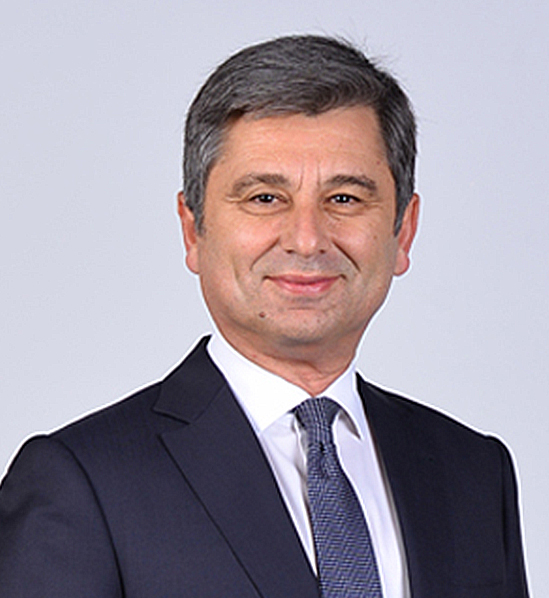Steering Logistics Through Troubled Waters – What Can the Global Economy Expect in 2025?
Steering Logistics Through Troubled Waters – What Can the Global Economy Expect in 2025?
The Geneva press club and FIATA are pleased to invite you to a press conference with :

Turgut Erkeskin, FIATA President
Stéphane Graber, FIATA Director General

To participate, please use the following links :
FIATA President, FIATA Director General and high-level representatives of the International Diplomatic Community in Geneva will gather for a high-level press conference to discuss the critical economic and trade challenges shaping 2025. As the lifeblood of global trade, logistics is a key barometer of economic shifts and resilience. This event will provide exclusive insights into regional logistics landscapes, market dynamics, new transport corridor developments and emerging trends in economies where FIATA will hold its meetings.
Key Topics & Regional Insights:
- Sustainability & the Blue Economy – Tanzania is focusing on sustainable logistics through the development of its blue economy by prioritising ocean freight and port infrastructure improvements. The country is investing in expanding its coastal ports, with an emphasis on environmental sustainability, and integrating green technologies in maritime logistics. This includes increasing the use of eco-friendly vessels and reducing carbon emissions in port operations.
- Vietnam’s Booming Logistics Market – Vietnam’s government is heavily investing in creating a multimodal logistics hub to improve connectivity between inland waterways, sea, rail, road, and air transport. This involves upgrading the Tan Son Nhat International Airport and building new freight rail lines linking key logistics centres. The government is also promoting the Digital Customs Initiative, streamlining customs procedures for faster processing and reducing bottlenecks.
- India’s Rapid Growth – India has launched the National Logistics Policy aimed at reducing logistics costs to 8% of GDP (down from around 13%) by 2030, by improving supply chain efficiency. Key actions include enhancing logistics infrastructure, integrating smart technologies, and investing in multi-modal transportation hubs. The Dedicated Freight Corridors (DFC) initiative focuses on high-speed rail networks for freight.
- Europe’s Resilient Supply Chains – Europe is adopting Industry 4.0 solutions to boost supply chain resilience. This includes automation, IoT-enabled devices, and predictive analytics for supply chain visibility. The EU is promoting digitalisation via its EU Customs Union and implementing digital trade facilitation tools to reduce delays at borders, especially with the UK post-Brexit.
- Brazil’s Fast-Growing Logistics Sector – Brazil has launched a comprehensive strategy to enhance its logistics infrastructure, focusing on the expansion of ports, air cargo capacity, and highway networks. Projects like the North-South Railway aim to increase connectivity between key agricultural regions and export hubs. Furthermore, Brazil is implementing Digital Customs systems to speed up cross-border trade and reduce clearance times.
- Optimising Multimodal Transport Corridors for Resilient Global Trade – The development of these international transport corridors is essential to building resilient supply chains that can adapt to global disruptions. Multinational partnerships and regional cooperation are key to ensuring that these corridors remain efficient and sustainable. Initiatives like the Bioceanic Corridor, which links countries across the South American continent, exemplify efforts to foster eco-friendly logistics solutions and reduce the environmental footprint of supply chains. Furthermore, the integration of digital tools for customs clearance and logistics management is vital for reducing bottlenecks, improving supply chain transparency, and enhancing the resilience of trade routes.
Why Attend?
- Understand the key economic forces shaping logistics and trade in 2025.
- Engage in discussions that will define the future of global freight.
- Exclusive access to FIATA’s global industry expertise.
Media & Press Involvement:
- Open to journalists, industry media, and economic analysts.
- Dedicated Q&A session with expert panelists.
- Opportunities for exclusive interviews and media coverage.
Be part of the conversation driving the future of global trade.
